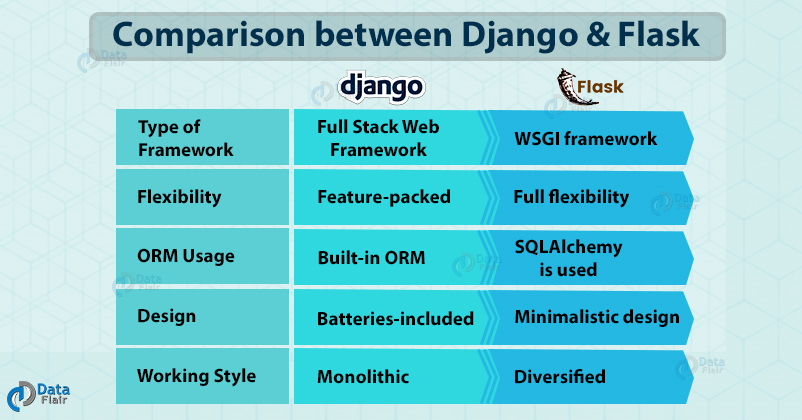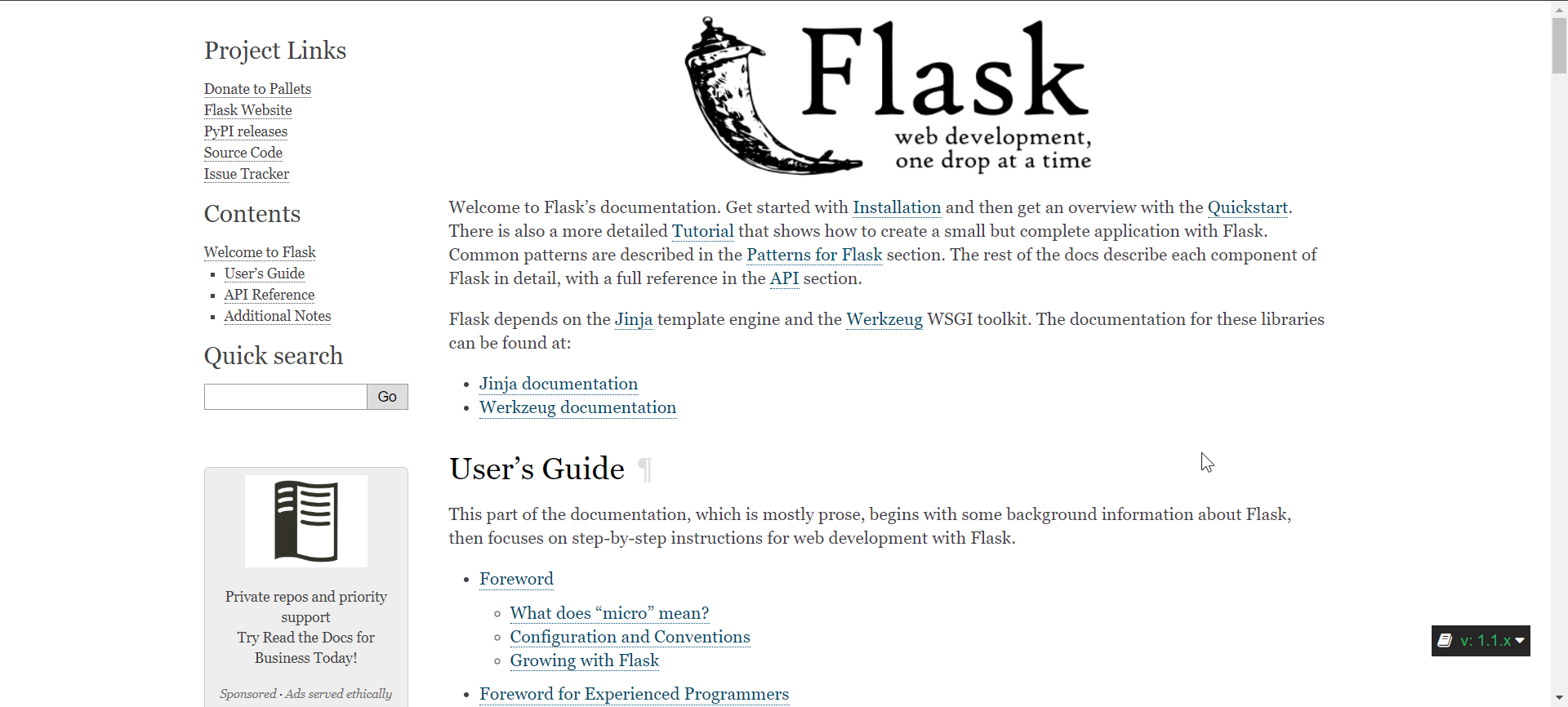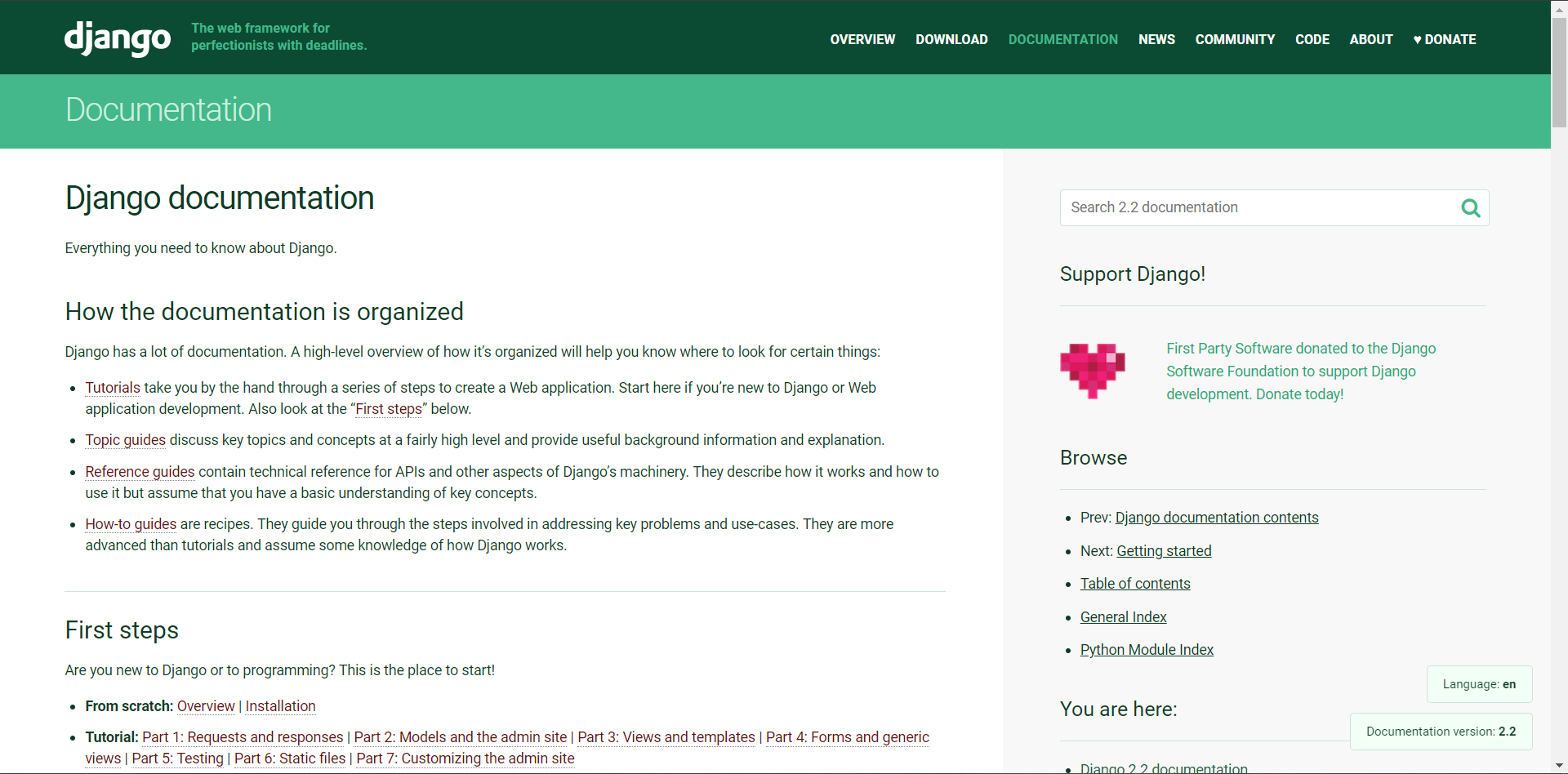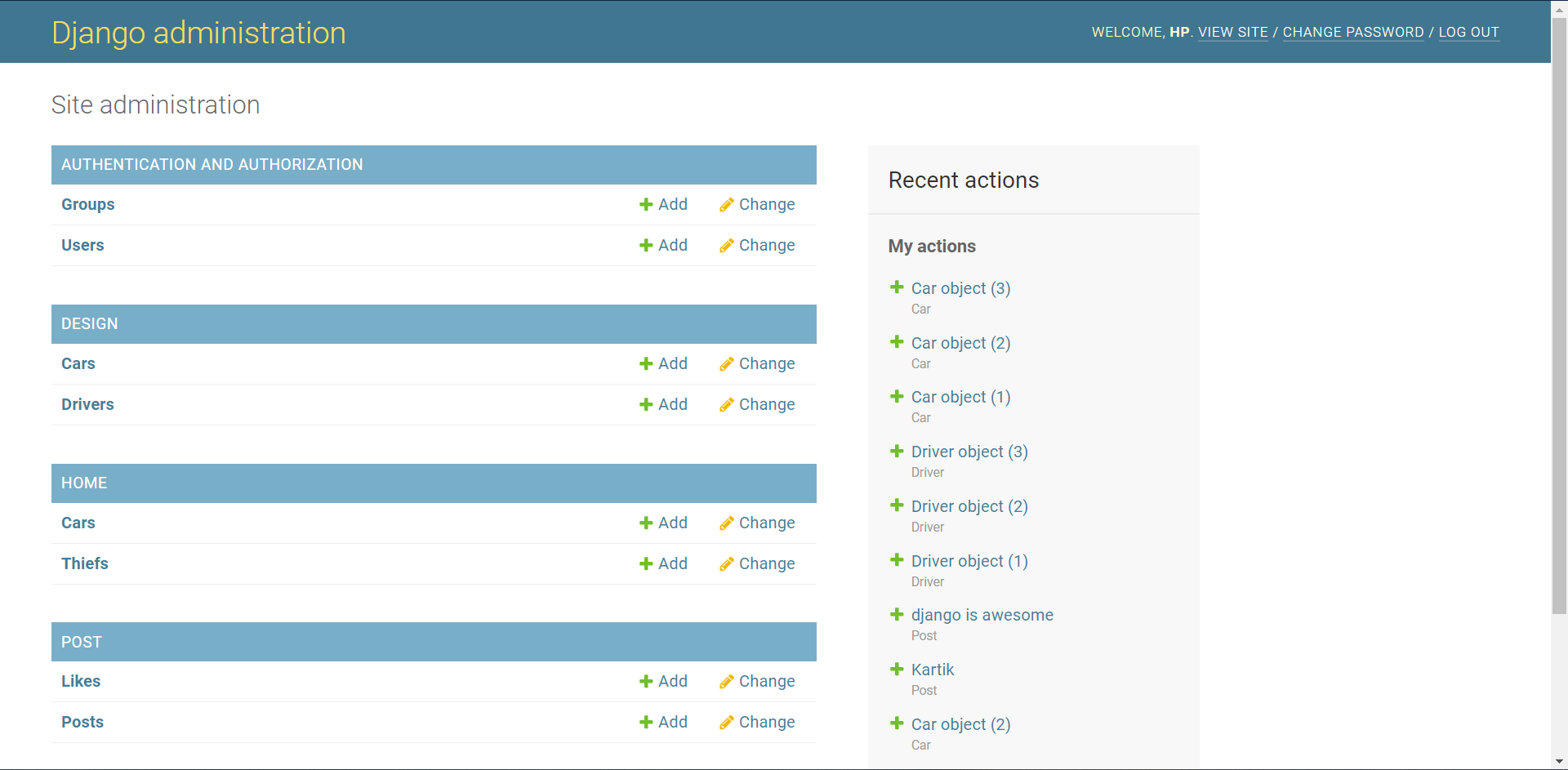Flask vs Django- The Hot Debate of Python Development Section
Python course with 57 real-time projects - Learn Python
FREE Online Courses: Click, Learn, Succeed, Start Now!
Django vs Flask – The clash of two major Python Frameworks
Let’s find out the answer to the most trending question of many developers – Whether to choose Django or Flask for satisfying the requirements of various Python projects?
We will do so by comparing them on certain parameters. These parameters are what industries consider when selecting a framework.
This article is a must for developers who know either Django or Flask. This is an unbiased comparison of the two frameworks – Django vs Flask. We will see both the strong and weak points of Django and Flask.
Flask vs Django – And the Winner is…?
Python has become a popular language for web development. There are a number of frameworks based on Python. These frameworks fulfill the needs of different projects. From Full-stack web development to lightweight web applications.
Django is a full-stack web framework while Flask is used for lightweight APIs. Both Django and Flask are capable of scaling Web Apps.
1. Different Uses of Framework
Django is a full-stack web framework. You can create full-scale powerful web apps in Django. Flask, on the other hand, is more suitable for single-page applications. Flask is a WSGI framework. It is mostly used for lightweight web applications where high speed is required.
It was developed as a wrapper for Jinja and Werkzeug. Flask lets the developer extend the framework. Django is a batteries-included framework which comes with most of the features pre-installed.
Flask lets the developer develop web applications with just core functionalities. Django, on the other hand, gives choice to developers. It depends on developers to use certain features. Django imports all the features by default.
2. Project Structure
Flask follows MVC architecture whereas Django follows MVT architecture and both have their core differences. Flask Project is a single application where you can add countless views and models. Django project is a collection of smaller applications.
Its design is more modular and enables rapid development.
Flask’s design is more suitable for one person. It is therefore extensively used in single page websites. Flask has all the code under one application. This makes it easier to debug Flask. Django can be difficult to debug.
Also, Django is preferred by industry due to its modularity. Each developer can be assigned to its own app. Apps in Django are more oriented towards one functionality per app.
3. Database Support
Django’s database support is popular as Django ORM. It is one of the key factors differentiating Django from others. Flask is also very powerful in that regard. Django provides native support for popular databases like PostgreSQL, MySQL, etc.
Flask does not provide built-in ORM like Django. It depends on developers whether they want a database or not. Since both of them are Python frameworks, Python connectors are used in both cases. Flask uses SQLAlchemy for database connectivity.
When relational databases based on SQL are considered Django is the first choice. Flask is more suitable if you are using NoSQL or any other databases. The reason is Flask is highly extensible, while Django is not. Django is best at what it offers but Flask has a wider range of databases.
4. Flexibility
Django is a feature-packed framework. This is also a drawback. Django doesn’t allow developers to change its module easily. Developers have no choice but to use tools provided by Django. Those tools are awesome but may not align with the developer’s needs.
Flask, on the other hand, provides full flexibility. It can be extended with various development tools and libraries. Flask is, therefore, easier to learn as there is limited functionality. That functionality can be extended as peruse.
5. Template Engine
The template engine is what will generate HTML for a webpage. Both frameworks have similar templating engines. Flask uses Jinja2 templating engine which is similar to Django’s templating engine. What is unique is that Django’s integration with these technologies.
Django makes it easier for developers to directly write DTL (Django Template language).
Flask extends Jinja2 while Django comes with the built-in language. Developers can use Jinja2 Templating Engine in Django too. Most prefer DTL to use with Django because of other integrity features it provides.
6. ORM Usage
Django ORM is a popular tool. This makes Django a framework which can transcend between multiple databases. Flask does not come with a built-in ORM but SQLAlchemy is used for that.
ORM makes it easier for the project to work with different databases. Django ORM provides more than that. There are multiple features like Database migrations, Querysets, etc. These features make development faster and efficient.
Any queries in the Flask vs Django article till now? Share your views in the comment section.
7. Feature Packed vs Minimalistic Design
Django is a feature-packed or Batteries-included framework. Flask, on the other hand, provides only the scaffolding for a web app. Django is for developers who need to provide apps with deadlines. It is more industry-oriented and therefore comes with built-in features.
Flask is for developers themselves. Industries do use Flask but more complex web apps are built on Django. Django’s modularity makes it easier for multiple developers to work on different apps in one project.
Beginners prefer Flask over Django though, because of its minimalistic design. Flask doesn’t import any feature by default. It enables a developer to get a clean app. A developer can add or remove features totally. This is not the case with Django. The developer knows every bit of code they wrote in Flask.
Its design makes it easier to grasp. Django is rather difficult for a beginner comparatively. The features it offers can be very overwhelming until you get to know them.
8. Monolithic vs Diversified
Django is often said to be monolithic. That is a true statement. The design and structure in Django shall be the same. The developer needs to follow certain rules to run the Django Project. Django works in a different way. Developers call that term The Django Way.
You have to define models and views from predefined classes. This is a plus point for industries. It becomes easier for developers to read and maintain code. Also, any newly hired developer will understand the project easily. Therefore, Django is used more in industry.
Flask is more diversified when compared to Django. Here, developers can use many web tools. These web-tools can greatly enhance one’s project according to their needs. Flask is therefore liked by most developers due to its wide range of web-tools.
9. Documentation – Developer Parameter
Documentation of technology is a factor for developers. From my perspective, Django’s documentation is one of the best docs I have read. They have been doing a great job from the beginning of maintaining the docs. Flask’s docs are pretty impressive too.
Documentation is an important factor. This will decide how many developers can actually learn this technology.
Documentation is my go-to place for any error or new object I want to implement. It will make you a skilled developer.
1. Flask’s documentation website
2. Also, we can see Django’s documentation website
We can see the difference from the documentation itself. When you go through Flask’s docs it will look like a single page application while Django’s docs are multi-paged. They have shown from the docs itself, the utility of their framework. also, both these websites are based on their respective frameworks.
10. Built-in Admin Interface
This is a huge difference between Flask and Django. Built-in Admin is one of the reasons why Django is favored over the Flask. Django comes with a built-in admin interface. It works such that website objects and users can be easily maintained.
Also, Django enables developers to customize the look of the Django admin interface. It is a great utility and feature-packed.
Flask, on the other hand, has nothing compared to Django-admin. Since Flask is a minimalistic framework it doesn’t come with anything pre-installed.
11. Bootstrapping Tool
Django-admin is also a bootstrapping tool. You can easily control, add, remove users and user-permissions. Django Admin enables the developer to add or remove application objects. It is also completely based on the developer to add applications to admin.
An application can exist in Django without registration to admin. Flask has no such bootstrapping tool. It is a micro-framework. Since Flask is generally used to create single-page web apps it doesn’t come with this functionality.
12. Usage on Web
These frameworks have proven themselves over the course of time. Django, being a little bit longer than Flask in the market. Django Applications article shows information on popular web applications like Spotify, YouTube, Instagram, etc. apps. Flask is also very popular and is used for general portfolios.
There are pretty high traffic websites like LinkedIn, Pinterest, etc that use the Flask framework.
13. REST APIs
Django has great community support and the same goes for Flask. Django still tops in REST APIs. REST APIs are what most of the web applications are on the internet. Facebook has developed a new framework based on Django. The Django REST Framework is extended by Django.
This framework has saved Facebook a lot of time in building REST APIs.
Summary
Both Django and Flask have their own areas and use cases. Django although good for industries is not easy to learn. Flask is easy to learn, has a minimalistic approach and more fun to play with. It does not have all those cool features like Django Admin and ORM.
Both of them are used for projects of different scale and type. You can get the gist by comparing their documentation websites.
Flask is for people who want to develop their own systems and rules. Django is for perfectionists with deadlines. I am very happy to have learned both of them. Django admin is a must for websites where databases are used. Flask is the best framework for single page websites.
The performance of Flask is better for smaller projects. Since it does not import all that boiler-plate code like Django.
So, I hope this Flask vs Django article must have cleared the dilemma between the two frameworks. I have tried to compare them unbiasedly on the basis of popular parameters.
We can say that the fight of Django vs Flask has got tied as both have their own specialties and features. If you any kind of confusion regarding both the frameworks, mention them in the comment section.
Did you know we work 24x7 to provide you best tutorials
Please encourage us - write a review on Google






Thank you. Very enlightening
the main difference is this: when you build an app in Flask, you are writing python code. When you build in Django, you are writing Django code